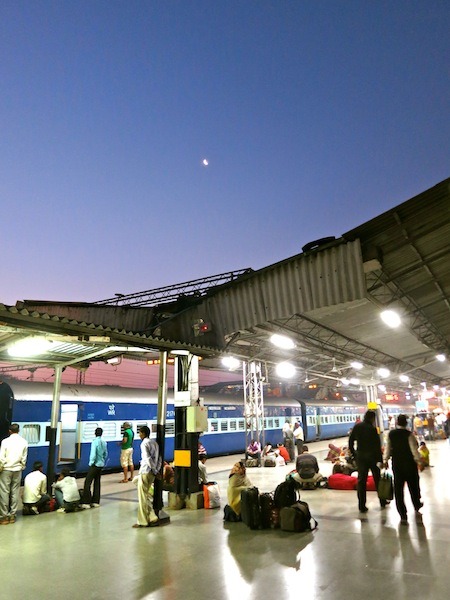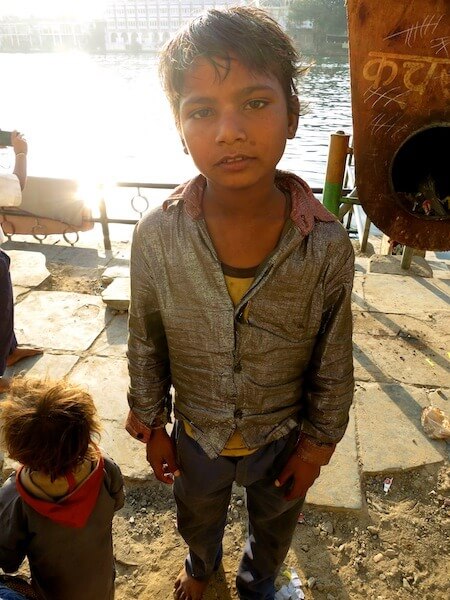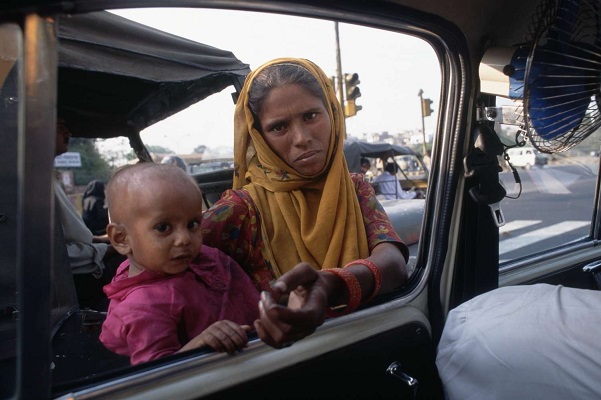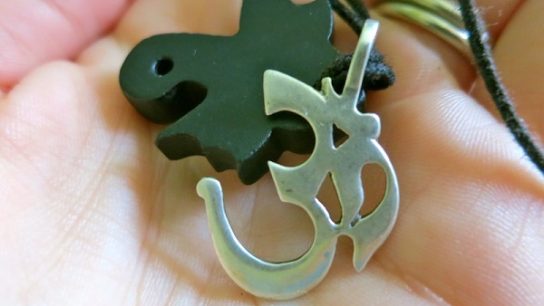Kindness
Before you learn the tender gravity of kindness
you must travel where the Indian in a white
poncho
lies dead by the side of the road
you must see how this could be you,
how he too was someone
who journeyed through the night with plans
and the simple breath that kept him alive.
– Naomi Shihab Nye
The moon is still hanging in the sky, its silver sliver like a crooked painting above the Hazrat Nizamuddin train station in Delhi. Around us, the shapes of bodies lay huddled under threadbare blankets.

In an hour, Wendy and I will catch the Taj Express train to Agra where we will visit the Taj Mahal, that great, elaborate marble structure that stands in stark contrast to the India that I have come to know.
It is difficult for me to describe India in words. India is raw. India is hard. India is rubble and odor and so much dirt. India is uncomfortable. India is beautiful. India is the only place that I have ever traveled that I have not had to sweet-talk out of her clothes. India answers the door naked.
On the train to the Taj Mahal, I settle in for the three-hour ride. I sit hip-to-hip with the man next to me, his knee resting against mine. There is constant movement and constant noise. Vendors walk up and down the aisle selling chai and tomato soup. A stream of people shuffle by asking for money, moving their hands back and forth to their mouths in a universal gesture: I’m hungry. Food please.
These hours on the train are a microcosm of all of the shocking stories you hear about India. An old man with stumps for arms holds a tiny metal bowl in front of me, imploring me to drop a rupee coin inside. A young woman with a burned face taps me on the shoulder. She, too, holds out her hand for money and I notice that the skin is smooth there, untouched by whatever horror took her face. A woman without legs, a blind man, a young girl with a wild-haired baby on her hip. They all move past, stop in front of me, ask for money.
A child in filthy clothing is knocking at my shoulder now. Hello, hello, hello, she repeats, the words come mechanically from her lips like the bird call of a cuckoo clock. She moves her hand to her mouth and opens her palm. I look at her and smile. I shake my head no.
I do not know what to do.
In the three months since I arrived in India, I have been in this situation a hundred times. Sometimes I do give money. Usually, I carry food. I pass out packages of cookies or buy street food for the street kids.
I have heard the stories of begging rings, of children maimed in order to make them more lucrative beggars, of old men kept bone thin and starving on purpose. I know that if children are successful beggars they will continue begging instead of attending school.

And I know the PC answer to the problem: Donate to charities that work on the underlying issues of poverty and corruption. But the other side of the coin is this: When faced with the pleading eyes of a child, the brittle, outstretched fingers of an old man, it’s incredibly hard to say no. Giving to them helps them now, assuming they’re allowed to keep the money for themselves. They may never reap the benefits of a charity. So it’s a difficult call. When are you helping? When are you hurting? How do you tell the difference?
An old woman moves past me now. She has no teeth and all ten fingers have been cut off at the knuckle. She holds her palms out to me and then brings her hands together in prayer, and bows her head. I reach into my pocket and pull out a 10-rupee note, pushing it into her hand.
I don’t know the first thing about healing the deep wounds of India. The only thing that I know for sure, the only thing that I am certain is right, is to approach everyone with love. I look everyone in the eye, even as I tell them no. I keep my voice soft. I want them to know: that I respect you. I honor you. You are alive like me.
I’m curious, what do you do?






